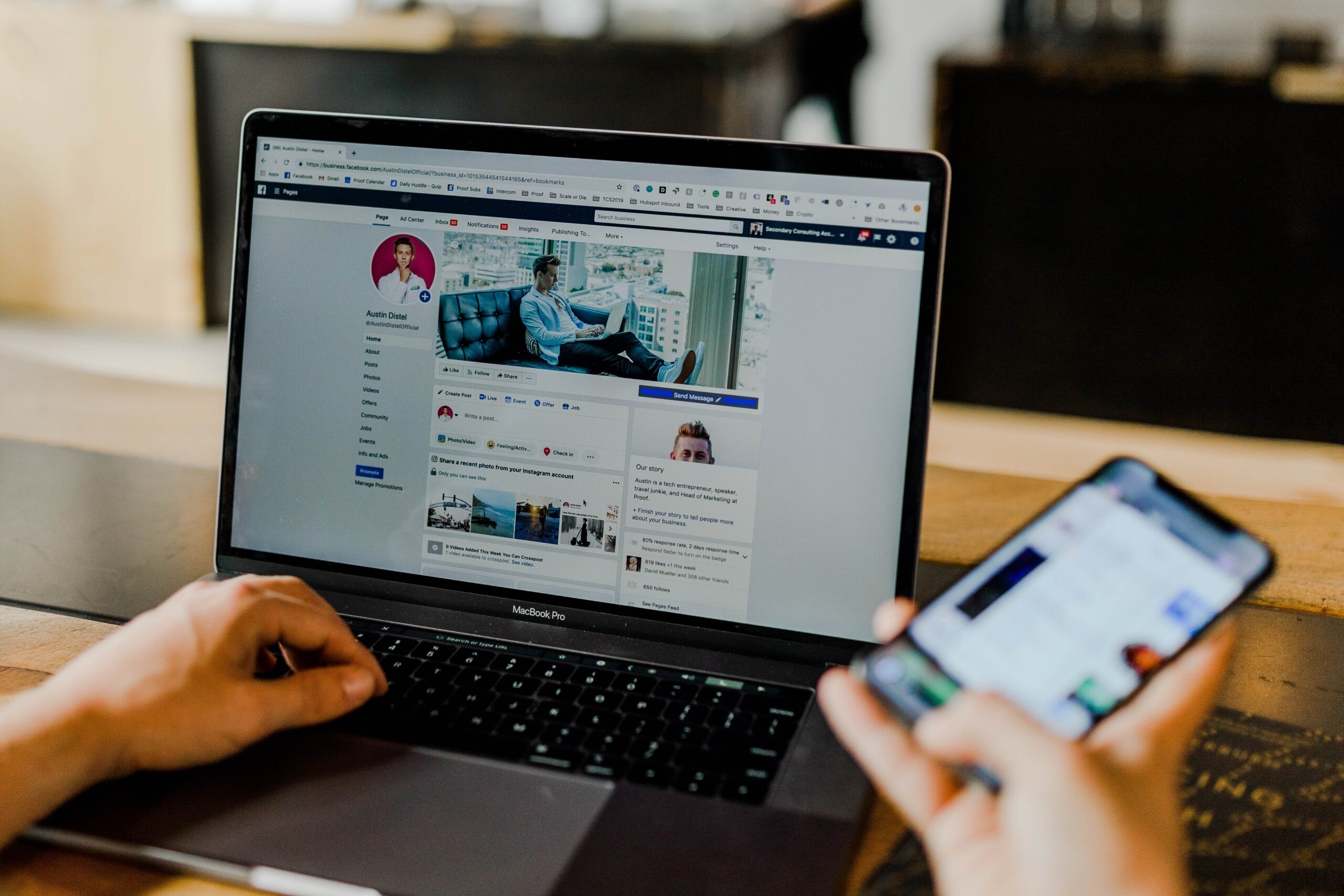Normally, cuffing season would be just taking off around this time of year, and you’d be narrowing down your romantic roster to ensure you end up with someone to cuddle through the winter months. But as the weather gets colder and the pandemic rages on, the odds of finding a significant other get slimmer and […]





